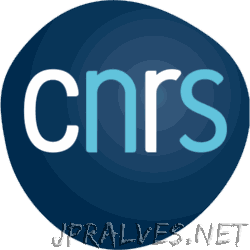Other
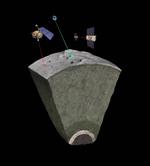
“Fifty years after Apollo 11 paved the way for the first surveys of the Moon, a team of scientists from CNRS, Université Côte d’Azur, the Côte d’Azur Observatory, Sorbonne Université and the Paris Observatory-PSL has shed light …
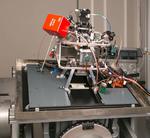
“How can we navigate airliners or allow military vehicles to stay on course without GPS or satellite signals? This is a problem for which quantum inertial sensors offer a solution. Harnessing quantum technology, they can take ultrasensitive measurements of acceleration …
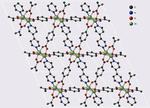
“An international research team involving the CNRS, Air Liquide and the University of Kyoto (Japan) has just demonstrated the very promising capabilities of a new family of materials for storing flammable gases such as acetylene. These materials are nanoporous and …
News Molecules, rare earths, and light: an innovative platform for quantum computers and communications
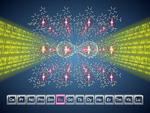
“The ability to interact with light provides important functionalities for quantum systems, such as communicating over large distances, a key ability for future quantum computers. However, it is very difficult to find a material that can fully exploit the quantum …
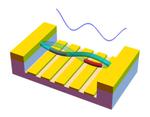
“Quantum information could be behind the next technological revolution. By analogy with the bit in classical computing, the qubit is the basic element of quantum computing. However, demonstrating the existence of this information storage unit and using it remains complex …

“To revolutionise computing, as the very first quantum computers have raised hopes of doing, researchers must meet exciting challenges, such as writing new informatics, and limiting the many errors still made by these ultra-powerful machines. At the heart of this …
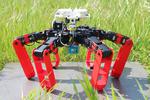
“Desert ants are extraordinary solitary navigators. Researchers at CNRS and Aix-Marseille University, in the Institut des Sciences du Mouvement – Étienne Jules Marey (ISM), were inspired by these ants as they designed the first walking robot that can move without GPS …

“Combining miniaturisation and wireless connection, mobile devices require quick and durable sources of electricity: micro-supercapacitors and microbatteries could provide the solution. An increasing number of electronic devices function independently, sometimes even without physical contact, with their interconnection making up what …
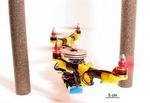
“Marking a world first, researchers from the Étienne Jules Marey Institute of Movement Sciences (CNRS / Aix-Marseille Université) have drawn inspiration from birds to design an aerial robot capable of altering its profile during flight. To reduce its wingspan and navigate …

“Mimicking photosynthesis in plants, using light to convert stable and abundant molecules like water and CO2 into a high energy fuel (hydrogen) or into chemicals of industrial interest, is a major research challenge today. However, achieving artificial photosynthesis in solution …

“One of the goals of biomimetics is to take inspiration from the functioning of the brain in order to design increasingly intelligent machines. This principle is already at work in information technology, in the form of the algorithms used for …

